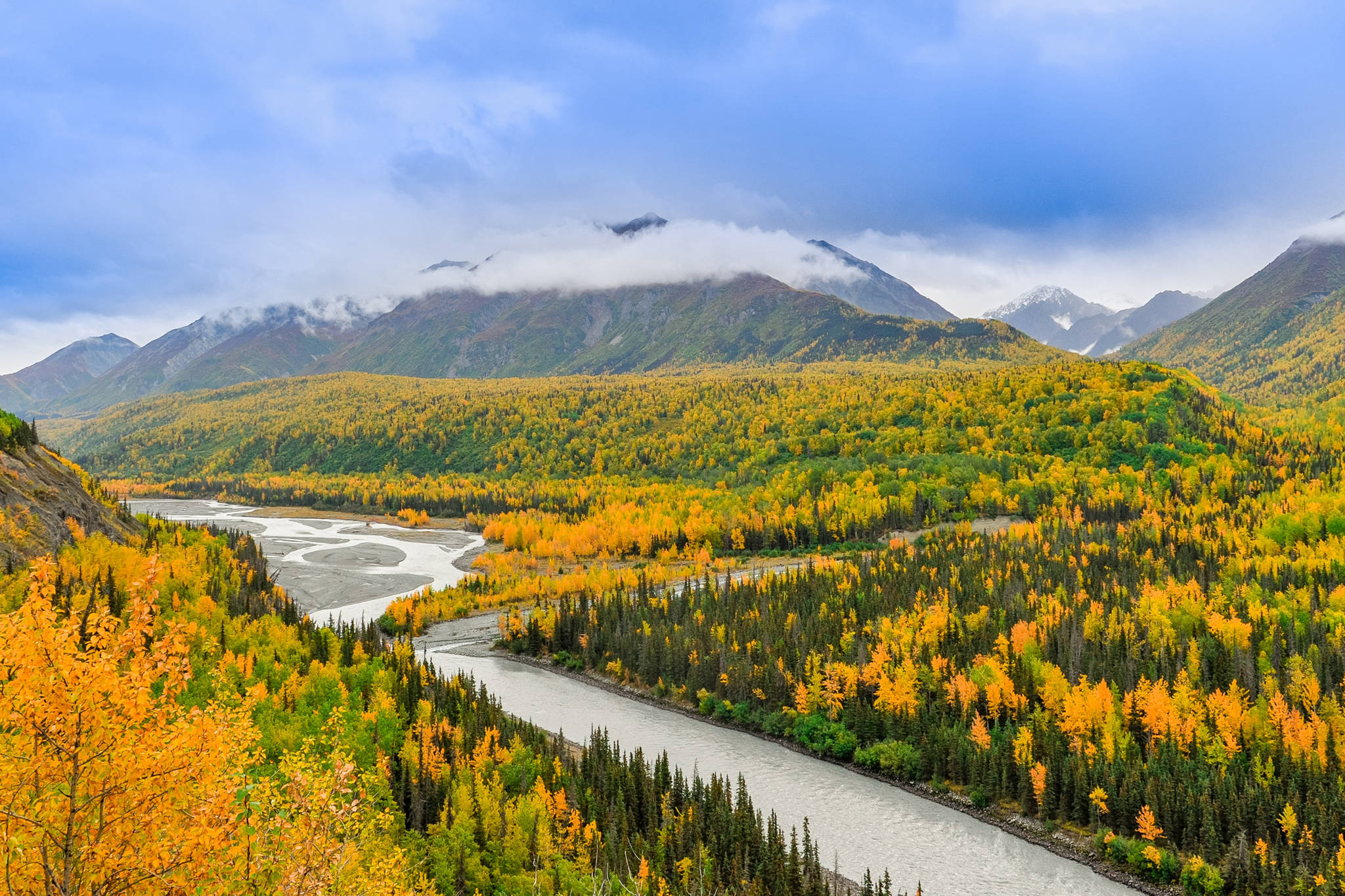As predictable as Juneau rain, Alaska has an oil tax problem.
Almost since the beginning of commercial oil and gas development in Alaska, the state’s oil taxation policy has focused on tax incentives to try to influence oil companies’ investment decisions and increase future resource production and revenue. Past changes in the state’s oil and gas production tax system were necessary because of tax incentives gone wrong.
The same is true today. Today’s problem has its roots in a North Slope capital expenditure credit introduced in 2006 that provided oil companies with a 20 percent tax credit for certain expenditures.
In 2013, the state found the credit could cost billions in lost revenue without necessarily contributing to future oil and gas production. Through Senate Bill 21, the state repealed the capital expenditure credit and moved to tax incentives based on production rather than investment.
To encourage development of “new” oil on the North Slope, the legislation included a gross value reduction where 20-30 percent of new oil production would be tax free, and added a $5 per barrel credit — the more new oil a company produced, the lower its tax obligation.
The major North Slope producers wanted a similar incentive as was being provided to new fields to apply to existing oil fields like Prudhoe Bay. SB 21 added a sliding scale credit so for each barrel of oil produced from existing fields, producers qualified for a tax reduction from zero up to $8 per barrel depending on the price of oil.
[Opinion: America needs a national health care system]
To provide a progressive tax structure, the legislation raised the production tax rate from 25 percent to 35 percent; application of the tax reductions meant that the 35 percent tax rate would be reached only at very high oil prices starting around $160 per barrel.
Now in 2019, with oil prices between $60 and $70 per barrel, major oil producers can claim the maximum tax reduction of $8 per barrel and pay an effective tax rate at or near the minimum floor of 4 percent on the gross value of oil. New fields benefit from the gross value reduction and $5 per barrel credit. This is in addition to the deductions companies take as part of the net profit tax system.
As a result, the state stands to lose over a billion dollars in oil revenue while funds for public services and infrastructures are slashed. To make matters worse, state purchase of oil tax credits previously issued to smaller companies under a now-repealed incentive program continues to loom as an issue.
[Opinion: Changing Alaska’s oil tax policy again would stall economic momentum]
A 2007 law established a fund for paying the credits with the fund amount based on a percentage of production tax revenue. If oil prices dropped and there were insufficient funds to cover all credit applications, partial payments would be allocated among the applicants. With over $800 million in outstanding purchase applications, the Alaska Legislature routinely appropriates more than the law requires.
There is no evidence that Alaska’s oil tax incentives resulted in production that would not have occurred without the incentives, or that future production will result in revenue sufficient to offset today’s losses.
The time to stop the revenue loss is now — the sliding scale credit and new oil incentives must be repealed this legislative session. Given the state’s dire fiscal situation, legislators should limit cash payments to the amount required by law.
To put an end to our crisis-driven piecemeal approach to oil tax changes, the Legislative Council should undertake a comprehensive study of Alaska’s oil and gas taxation system that includes a hard look at the actual results of our incentive based policy. This examines what the best tax system is for Alaska, including consideration of a system based on the gross value of oil versus the net profits tax that we have now.
Ultimately the question is, how will we manage our remaining oil and gas resources to make a lasting difference in Alaska’s economic future?
Lisa Weissler is a retired state attorney specializing in oil and gas and natural resource law. She lives in Juneau.
• Lisa Weissler is a retired state attorney specializing in oil and gas and natural resource law. She lives in Juneau. My Turns and Letters to the Editor represent the view of the author, not the view of the Juneau Empire.

